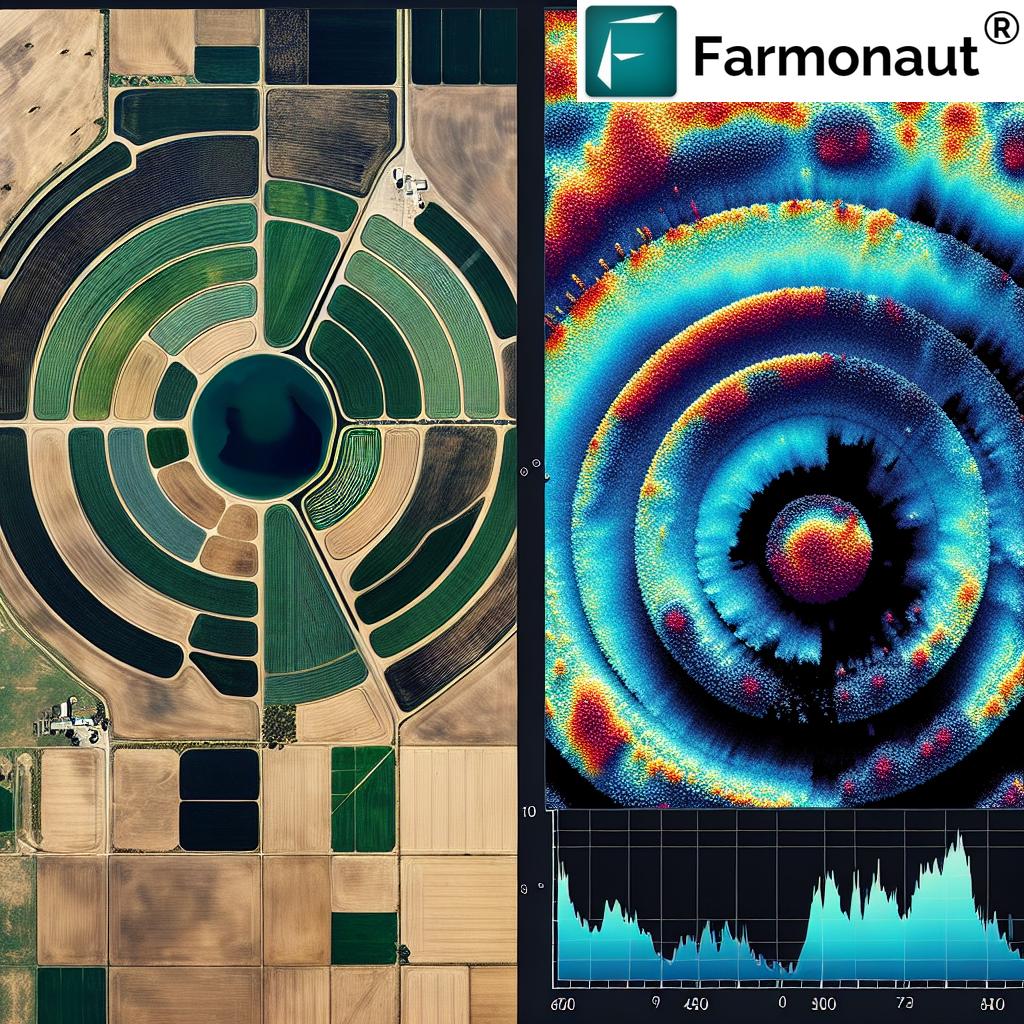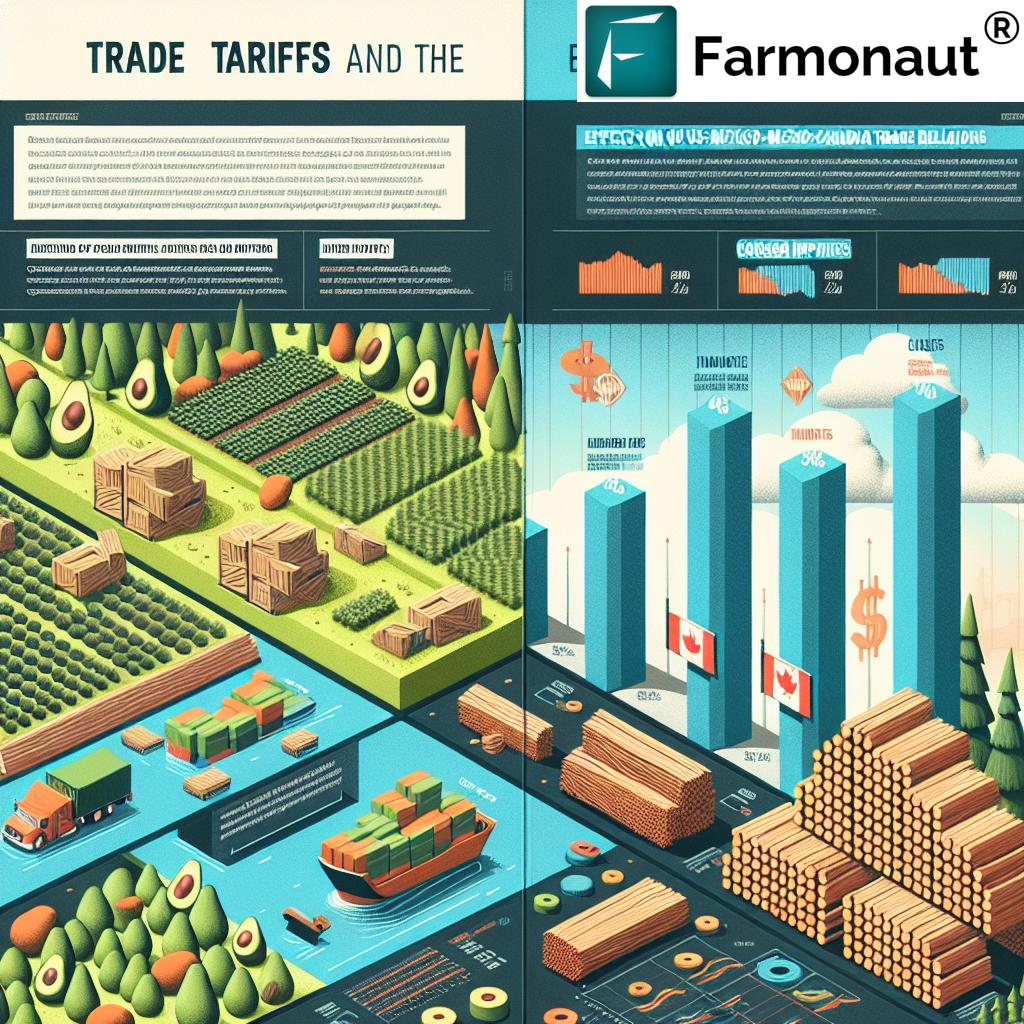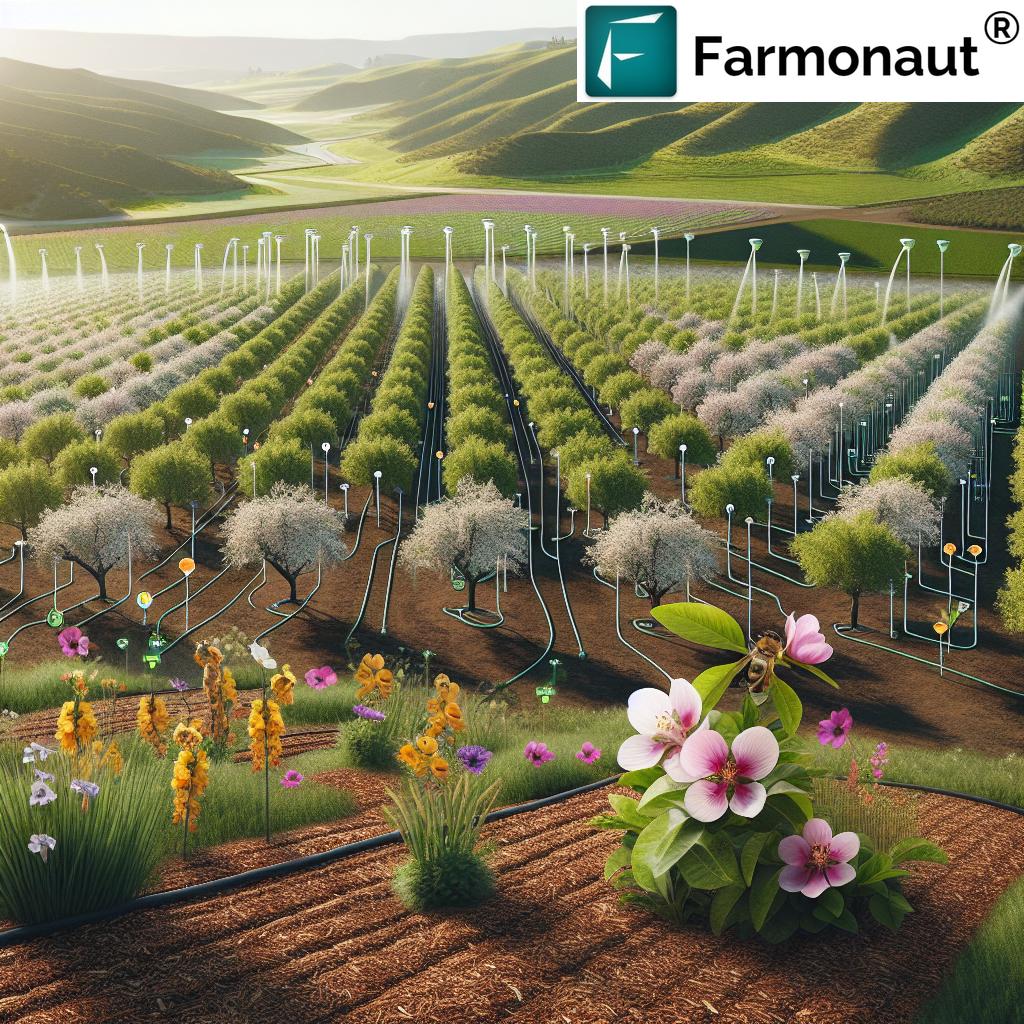Agricultural Industry IT Help Carlisle: 7 Top Successes
“Over 60% of Carlisle’s farmland uses sustainable practices, supporting a resilient local food system.”
Carlisle, Pennsylvania—nestled in the center of Cumberland County and the lush Cumberland Valley—stands as a beacon for agricultural innovation, sustainability, and community-focused farming. The region’s long-standing traditions blend seamlessly with modern technology and environmentally conscious practices, making agriculture in Carlisle PA not only vital for the local economy but also a model for the future of sustainable agriculture Pennsylvania.
From its fertile soils and diverse farms to its robust agribusinesses and thriving community initiatives, Carlisle is at the forefront of a movement that ties food production and agricultural community engagement to the goals of resource conservation, environmental stewardship, and food security. In this comprehensive guide, let’s explore the agricultural sector’s strengths, the pivotal role of IT and precision farming, and the seven standout successes that make Carlisle’s agricultural scene a blueprint for others in both Pennsylvania and beyond.
The Agricultural Landscape of Carlisle, PA
Carlisle’s agricultural landscape is a tapestry of tradition, innovation, and natural bounty. The region dedicates approximately 43% of Cumberland County’s land—an impressive 151,826 acres—to agriculture, supporting around 1,400 working farms. What gives this region a competitive advantage is the presence of extensive Class 1-3 soils, which make up 67% of the land—these are among the most fertile soils Pennsylvania has to offer.
This natural endowment makes possible a vibrant cumberland county farming sector that produces high-value crops and supports a network of agribusinesses. Carlisle consistently ranks among Pennsylvania’s top ten counties by value of agricultural production, underpinning not only the local economy but also the total agricultural output of the state.
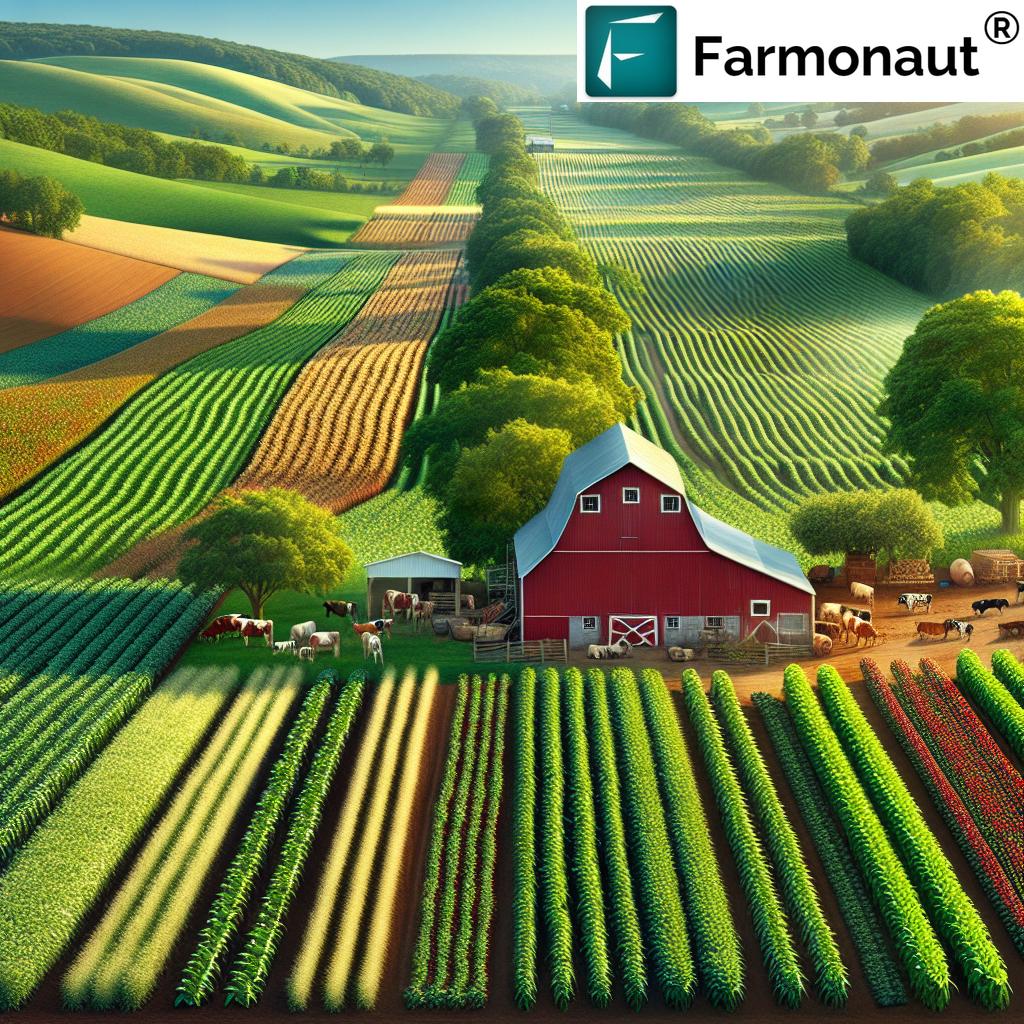
Key Characteristics of Carlisle’s Agricultural Landscape
- Diverse crops and livestock: Dairy, fruits, vegetables, grains, and pastured meats are staples in the local food systems Carlisle supports.
- Family-operated farms: Multi-generational family farms continue to thrive alongside larger commercial operations.
- Commitment to sustainability: More than 60% of farmland uses environmentally friendly and regenerative methods.
- Innovative use of land and technology: The integration of modern IT, data management, and precision agriculture tools is increasingly common among farmers in the region.
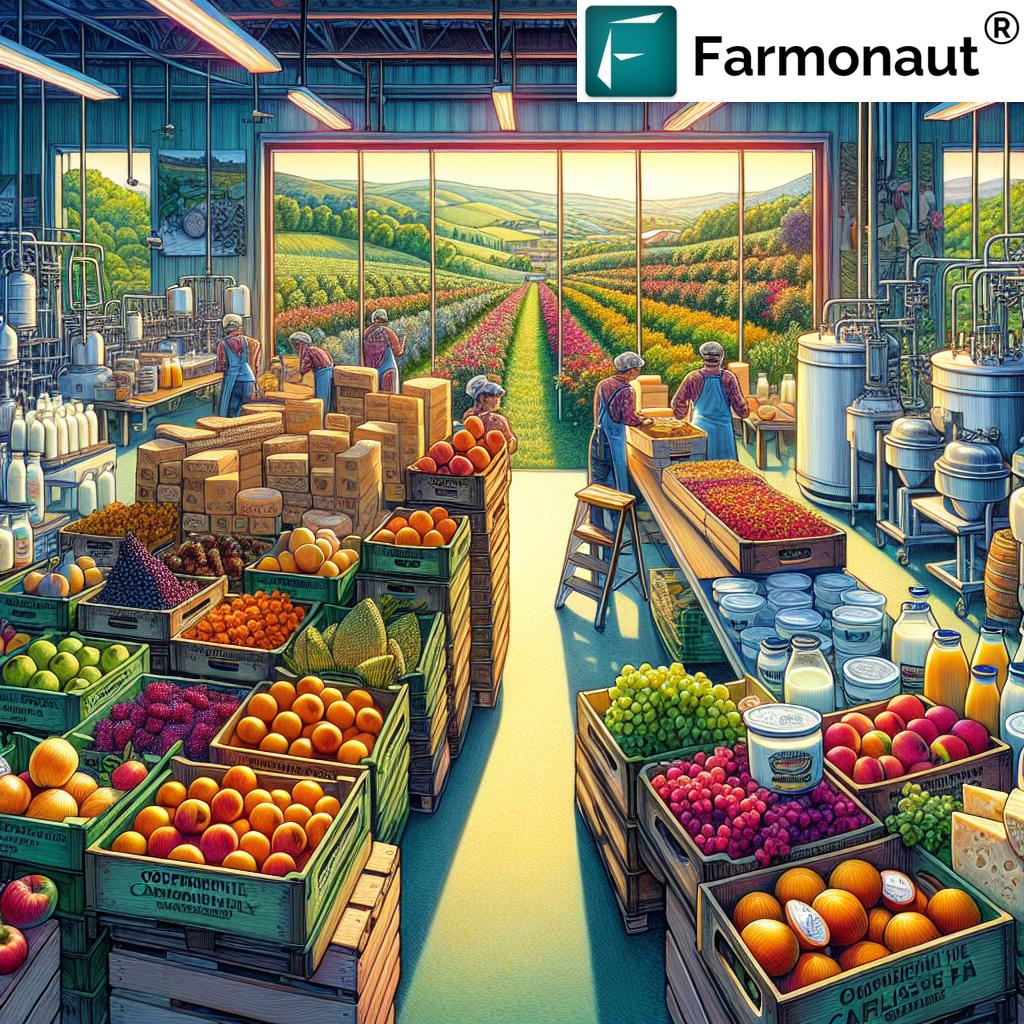
“Carlisle’s agricultural community has launched 7 major initiatives to boost soil fertility and environmental stewardship since 2020.”
Diverse Farming Practices and Local Initiatives
The diversity of farming operations in the Carlisle area underscores the unique resilience and adaptability of local agriculture. Farms operating within and around Carlisle leverage a variety of approaches that exemplify the region’s forward-thinking ethos. Below are some prominent examples:
- Boyer Nurseries & Orchards, Inc.: A five-generation family nursery and orchards with expertise in fruit tree propagation, sales, and national shipping of unique tree varieties.
(Source: localharvest.org) - LEAF Project: An innovative youth employment program promoting leadership, education, and hands-on sustainable farming practices. The project connects young individuals with the land, instills regenerative values, and strengthens the next generation of agricultural stewards.
(Source: greatercarlisleproject.dickinson.edu) - Deep Blue Farm: Focuses on producing fruit—especially rare varieties like ‘Razz’ and pink blueberries—using eco-friendly, chemical-reduced methods tailored to protect soils and water resources.
(Source: localharvest.org) - Muddy Toes Farm LLC: A leader in regenerative farming practices, offering pastured raw dairy, beef, and pork—prioritizing animal welfare and land revitalization.
(Source: localharvest.org)
By nurturing diversity and supporting both mainstream and niche food production, these farms underpin the strength of local food systems Carlisle and help create pathways for resilient, future-proof agriculture in Carlisle PA.
Sustainable Agriculture Pennsylvania: Regenerative and Organic Farming in Focus
- Regenerative techniques are increasing soil health and water retention, reversing erosion tendencies in the valley.
- Organic fruit production highlights the market for healthier foods free from synthetic inputs.
- Rotation and cover-cropping are widespread, preserving fertile soils Pennsylvania is renowned for.
- Collaborative community efforts bridge the gap between producers and consumers, strengthening trust and food security.
Examples of Crop and Livestock Production: The Breadth of Local Agriculture
- Dairy production Cumberland Valley: Milk, cheese, and butter underpin both economic and nutrition security.
- Pastured, grass-fed protein: Raw milk, beef, and pork from regenerative farms further diversify the local food offering.
- Unique fruit and orchards Carlisle: Heritage apples, heirloom peaches, berries, and rare tree varieties bring value to farmers markets and direct-to-consumer sales.
Key Agribusinesses and Food Processing in Cumberland County
The impact of food processing in Cumberland County is both economic and cultural. Carlisle’s agribusiness sector comprises a cluster of major companies that have chosen to base operations here because of its proximity to fertile soils, agricultural raw materials, and excellent transportation networks. Notable players include:
- Cargill: Supplies food and agricultural products at scale, directly connecting Carlisle-grown products to a global market.
- Warrell Corporation: Prominent in confectionery manufacturing, using local ingredients to produce popular chocolate lines.
- Nestlé Purina Pet Care Co.: Transforms farm outputs into pet nutrition, highlighting the breadth of Carlisle’s agricultural impact.
- Schreiber Foods: Market leader in cheese and yogurt, utilizing dairy ingredients from within the region.
- Land O’Lakes Inc.: Renowned for milk processing and dairy innovation, serving both national and international consumers.
- ADM Milling Co.: Supports the industry with state-of-the-art flour milling facilities.
- Kessler Foods Inc., Toigo Orchards, Dairy Farmers of America, Terranettis Italian Bakery, Bimbo Bakeries, Lindt: All showcase how food processing is intricately connected to local farms and broader agricultural sustainability.
How IT Has Enhanced Food Processing and Agribusiness
Through IT and digital platforms, the agribusiness sector in Carlisle improves traceability, resource management, and food safety. Advanced blockchain-based traceability solutions ensure transparency throughout the production and supply chain, which is becoming an industry standard for high-value food production and export-readiness.
Cloud-based fleet management and logistics optimization also empower companies like ADM Milling Co. and Land O’Lakes to streamline distribution of essential ingredients and finished goods to regional and national markets.
Agricultural Community Engagement and Sustainability
Community engagement is a hallmark of agriculture in Carlisle PA. Numerous initiatives reinforce direct links between farmers and consumers, promote education about healthy eating and regenerative methods, and advocate for continued support for local markets.
- Carlisle Country Living—Agway: Offers a broad range of products for farming and gardening, acting as a one-stop resource for smallholder and commercial farmers.
- Farmers on the Square: A farmers’ market that brings together local fruit, dairy, pastured meats, vegetables, honey, and specialty foods directly from farms to the community every week—all year round.
- The GIANT Company’s Pollinator Field: At their Carlisle HQ, they planted a rich mix of 20+ wildflowers for pollinators, creating crucial habitat and demonstrating environmental stewardship that supports broader agricultural health.
Educational and Environmental Outcomes
- Child and youth engagement: The LEAF Project and local FFA chapters inspire young people to consider careers in farming and ag technology.
- Sustainable land management: Widespread adoption of no-till practices and rotational grazing reduces erosion and increases biodiversity.
- Expanded food access: Markets like Farmers on the Square help low-income individuals access fresh, local food.
Farmonaut – Advancing Sustainability & Precision in Carlisle Agriculture
As digitalization transforms the agricultural landscape, precision farming and data-driven management have become essential for sustainable progress. This is precisely where Farmonaut provides a unique advantage to farmers, agribusinesses, and stakeholders in Carlisle and beyond.
We at Farmonaut offer advanced satellite-based farm management solutions that empower producers of every scale to make faster, smarter, and more sustainable decisions. Whether it’s monitoring crop health in real time, optimizing water and fertilizer use, verifying land for crop loans or insurance, or offering AI-based advisory via Jeevn AI, our goal is to bridge the gap between tradition and the best that technology offers.
- Satellite Monitoring: Receive up-to-date NDVI, soil moisture, and vegetation health data, critical for fertile soils Pennsylvania farmers rely on.
- AI-Powered Advisory: Jeevn AI system provides custom crop and weather insights, improving yield predictions and farm efficiency.
- Traceability: Blockchain-based traceability brings transparency, securing both local market and export opportunities for Carlisle’s food processing sector.
- Fleet and Resource Management: Reduce operational costs and improve safety with smart fleet management—manage equipment, monitor usage, and ensure efficient logistics.
- Carbon Footprinting: Track and lower your environmental impact with carbon footprint reports, aligning with sustainability certification and consumer demands.
Our solutions are accessible via Android, iOS, and web apps, as well as through robust API and Developer Documentation to fuel agricultural innovation across platforms.
Comparison Table of Sustainable Agriculture Initiatives in Carlisle, PA
| Initiative Name | Focus Area | Estimated Reach | Key Sustainability Outcome | Estimated Community Impact |
|---|---|---|---|---|
| Boyer Nurseries & Orchards | Heritage fruit & tree propagation | 70+ acres, 10,000+ trees | – 35% reduction in chemical inputs – Nationwide organic tree shipping |
Increased local & regional fruit availability (est. 20% growth) |
| LEAF Project | Youth engagement, sustainable farming education | 100+ youth/year, 15 regional farms | – Improved knowledge of regenerative agriculture – Enhanced soil health practices |
Strengthened next-gen farming workforce; ongoing skills transfer |
| Deep Blue Farm | Eco-friendly berry/fruits, unique varieties | 10 acres, 12+ fruit varieties | – 50% reduction in fungicide – Water-efficient irrigation |
Expanded local specialty fruit supply; supports local restaurants |
| Muddy Toes Farm LLC | Regenerative livestock (pastured/raw dairy, pork, beef) | 200+ acres managed regeneratively | – Increased topsoil depth – Improved water infiltration |
15% rise in consumer access to pasture-raised animal products |
| Farmers on the Square | Year-round market, direct producer-consumer links | 40+ farmers/vendors; 5,000+ weekly consumers | – Reduced food miles by 70% – Improved food traceability |
Boosted fresh/local food access for all income levels |
| GIANT Pollinator Field | Biodiversity & pollinator support | 10+ acres; 25+ pollinator species | – Habitat for endangered pollinators | Positive effect on orchard/vegetable yields in area farms |
| Food Processing Companies (Aggregate) | Ingredient sustainability, waste reduction | 10+ facilities; 1,200+ employees | – Improved ingredient sourcing transparency – Recycling 30% more processing waste |
Sustains thousands of jobs; supports broader local economy |
Agricultural Industry IT Help Carlisle: 7 Top Successes
-
Data-Driven Farm Management
Through IT adoption—such as large-scale farm management tools and satellite-based solutions—Carlisle’s farmers increasingly rely on field-level data. Real-time monitoring of crops and environmental factors improves yields, reduces input costs, and enables quick reactions to weather, pest, or disease threats. -
Advanced Traceability & Transparency
The implementation of blockchain technology in agricultural supply chains guarantees that products from Dairy Farmers of America or Toigo Orchards can be traced back to the original farm. This drive toward transparency enhances safety, builds consumer trust, and supports premium market positioning. -
Regenerative Farming Practices
Innovations such as precision seeding, variable-rate fertilizer application, and soil carbon monitoring promote sustainable agriculture Pennsylvania can be proud of. Programs like the LEAF Project and Muddy Toes Farm exemplify best-in-class regenerative outcomes. -
Carbon Footprint Monitoring & Reduction
Tools such as carbon footprinting solutions are enabling companies and farmers to track, report, and reduce GHG emissions across operations—aligning with state and federal sustainability standards. -
Resource-Efficient Logistics & Fleet Management
Fleet management systems help optimize the transport of ingredients, food, and agricultural machinery—saving fuel, time, and reducing environmental impact. -
Community-Focused Food Systems
The growth of local food systems Carlisle, such as Farmers on the Square, demonstrates how digital platforms and traditional marketing converge. Enhanced communication and resource-sharing platforms connect consumers with farmers, enabling more resilient, accessible local food chains. -
Next-Generation Education & Farmer Support
Mobile apps, online advisory, and virtual field days (e.g., services from Farmonaut and community orgs) bring advanced education and expert advice directly to producers—integral for the adoption of sustainable methods and IT best practices.
Each of these successes points to a future where technology supports tradition, ensuring the ongoing vibrancy, productivity, and ecological health of agriculture in Carlisle PA.
Videos & Images: Agricultural Innovations in Action
Developer Documentation for advanced agricultural IT solutions.
Economic Impact and the Future of Carlisle Agriculture
Economically, agriculture in Carlisle PA is foundational to both the local and state economy. Pennsylvania’s overall agricultural industry generated an estimated $10.1 billion in cash receipts in 2022. Within this context, Carlisle’s network of farms, agribusinesses, and food processors is a major engine of employment, value addition, and community resilience.
- Dairy (milk, cheese, butter), eggs, and poultry are Cumberland County’s top commodities in terms of value and jobs.
- The region’s agricultural production and processing sector represent roughly 2.8% of Pennsylvania’s total GDP.
- Ongoing investment in digital infrastructure and sustainable technology solutions continues to drive market access and innovation.
Continued community engagement, state support, resource conservation programs, and access to innovative IT (such as those we provide at Farmonaut) will ensure that agriculture in Carlisle PA not only survives coming challenges—but thrives for generations to come.
FAQ: Agricultural Industry IT Help in Carlisle
A: The presence of highly fertile soils Pennsylvania—Class 1-3—means better yields, resilient crops, and lower input needs for local farmers.
Q2: How do local farms contribute to food security in Carlisle?
A: Through diverse farming practices, direct-to-consumer models, and community-supported agriculture, Carlisle increases its local food systems resilience and access to fresh, high-quality foods year-round.
Q3: How has technology helped Carlisle farmers become more sustainable?
A: IT tools like satellite field monitoring, AI advisory, and blockchain traceability have empowered precise decision-making, reduced resource usage, and boosted transparency in the supply chain.
Q4: What is regenerative farming, and why is it important in Cumberland County farming?
A: Regenerative farming improves soil health, sequesters carbon, reduces chemical reliance, boosts biodiversity, and helps farmers maintain long-term productivity.
Q5: How can Carlisle food processors prove the sustainability of their products?
A: By using blockchain-based traceability and participating in third-party audits, they verify that sourcing and processing meet stringent eco-friendly standards.
Q6: Where can farmers access satellite and digital farm management solutions?
A: Farmonaut’s apps and APIs provide affordable, easy-to-use access to crop health insights, resource tracking, and automated recordkeeping for all scales of Carlisle’s farming sector.
Conclusion
From Boyer Nurseries’ orchards to the advanced processing facilities of Dairy Farmers of America, agriculture in Carlisle PA remains an intricate balance of tradition, innovation, and stewardship. The successful fusion of IT, digital platforms, and community-focused programs underpins the town’s reputation as a leader in sustainable agriculture Pennsylvania can champion.
The agricultural industry Carlisle is not only feeding the state but also demonstrating how resource conservation, next-generation education, and digital transformation can create a thriving, inclusive, and resilient region. As we look ahead, it is clear that Carlisle will continue to shape best practices for both farming and agricultural community engagement throughout the valley.





